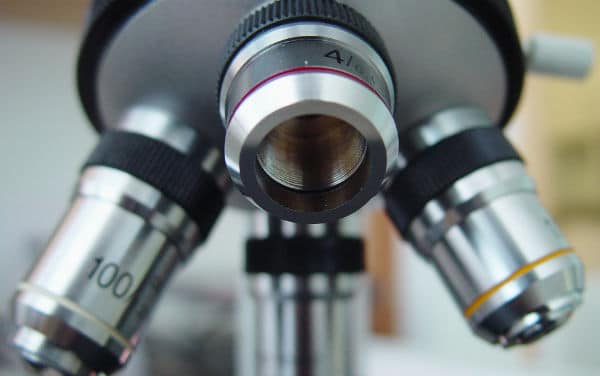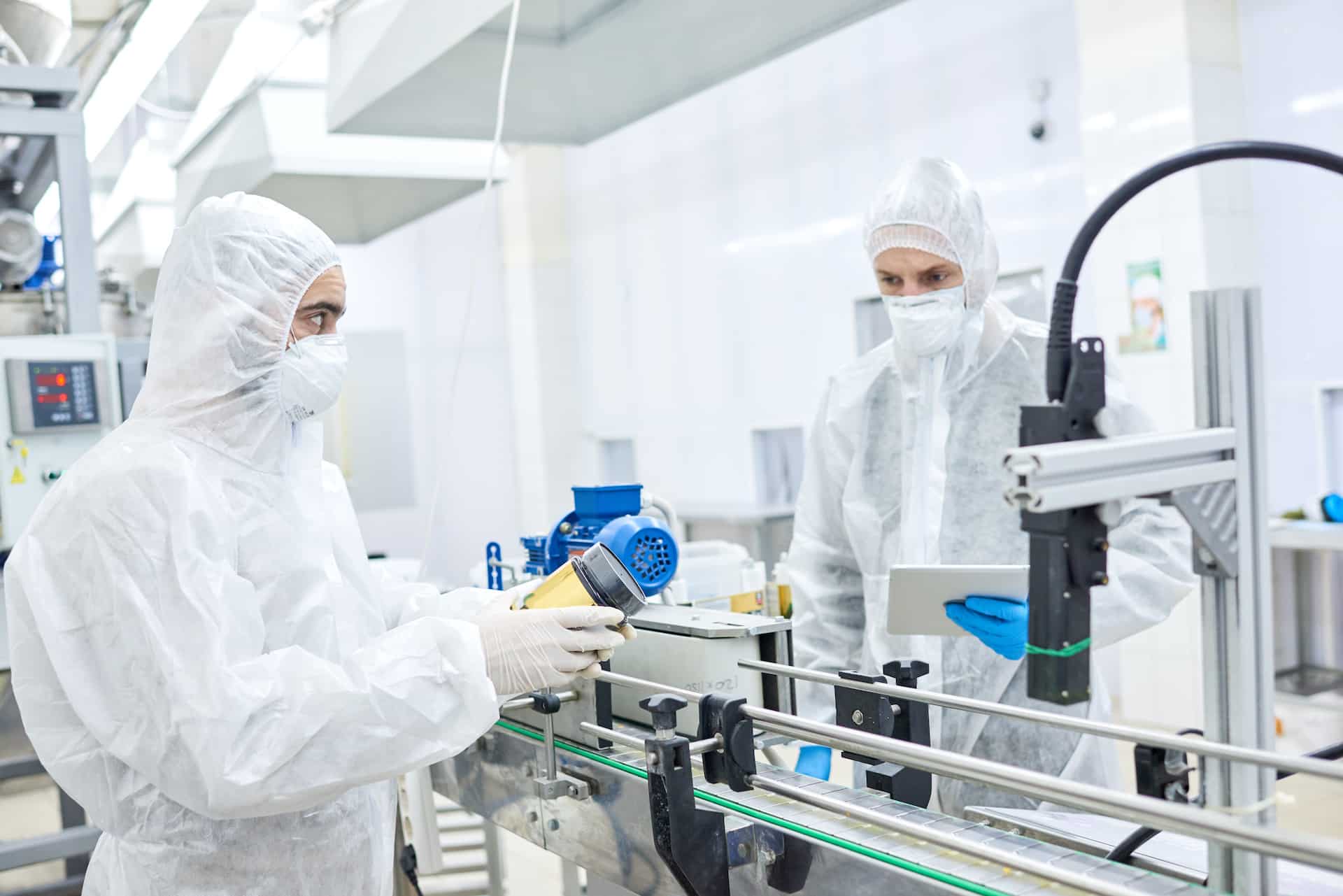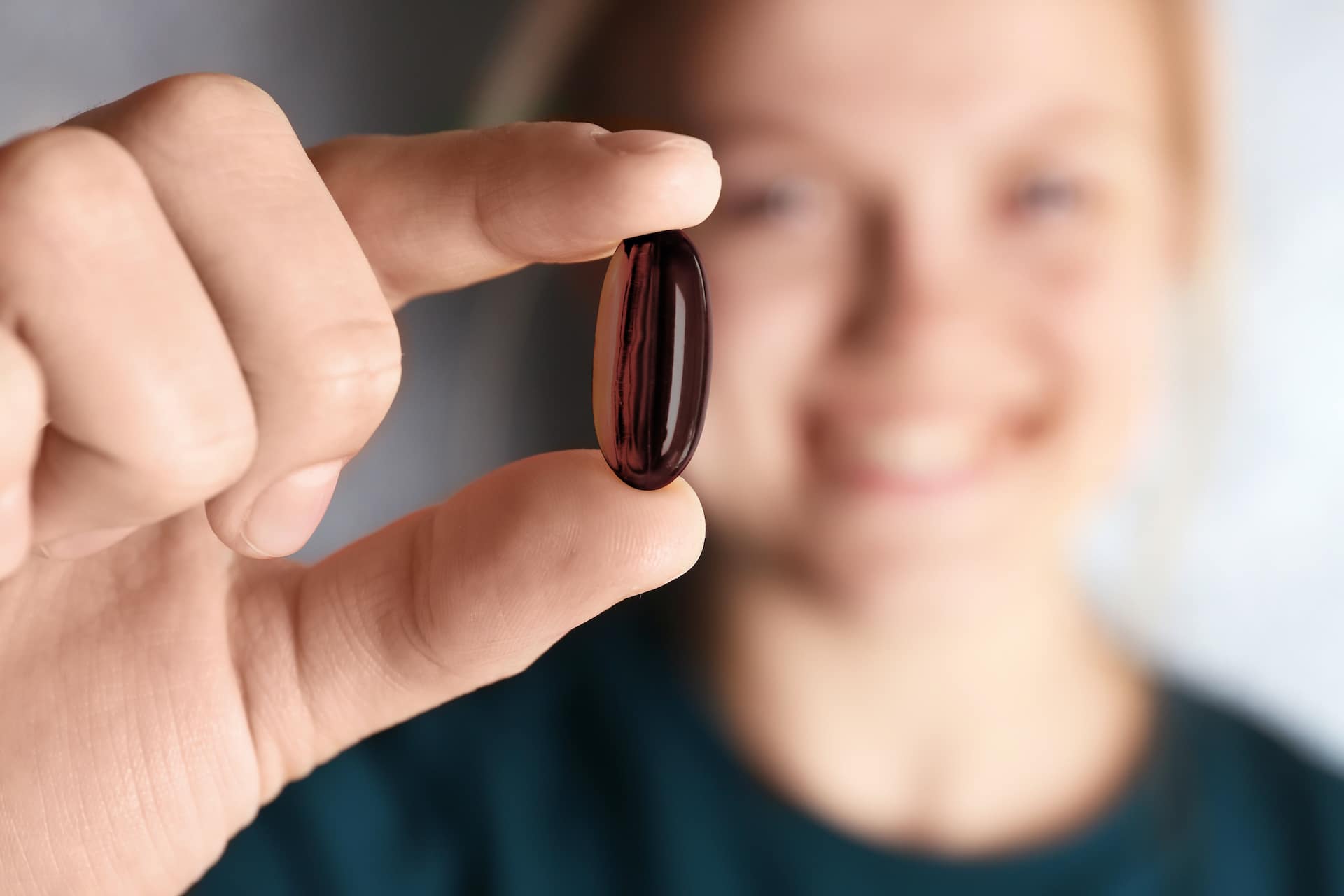Most attempts to generalize about “today’s seniors” fail. “Seniors” range from age 55 to 116, at present. It should go without saying (but too often needs to be said) that there are active seniors, sedentary seniors, ill seniors, healthy seniors, rich seniors, poor seniors, and so on. “Banana George,” a New York senior known for his yellow attire, set the world record for barefoot water skiing five years ago, when he was 92. Chew on that.
But one truth about aging is that our bodies start to need a little extra help with every passing year. Aging bodies can lose the ability to produce or use essential chemicals, minerals and nutrients that support healthy living. So let’s look at a few of the top supplements that seniors should consider taking to keep on enjoying everyday tasks (or even barefoot waterskiing). As always, ask you physician if you have concerns about your health or whether any particular supplement is right for you.
Best Supplements for Seniors
Fish Oil
Fish oil seems to be recommended for nearly every ailment and used as a preventative measure for nearly everything that can go wrong as we age. That’s why supplemental fish oil is an industry taking in around $1 billion a year. As with so many things in the practice of nutrition, the exact science of why fish oil does what it does is still being figured out. But what fish oil intake helps is fairly well known by now, such as helping to support cardiovascular health.
Most fundamentally, fish oil supplements contain omega-3 fatty acids, such as the fatty acid DHA. Fish oil has been successfully used to help combat dryness in the eyes and skin. It can also lower triglycerides in individuals with elevated levels.
Other purported benefits of fish oil supplementation, such as helping with Alzheimer’s, prostate cancer and depression, are far more debatable, and these debates are easily found on the web1.
Categories: Healthy Heart
Calcium
Calcium may be the least controversial ingredient available in supplement form, and its importance is especially strong for seniors. About 99 percent of the body’s calcium is stored in the bones and teeth, where it acts as a main source of strength and support. Children are often given calcium to support bone growth. On the other side of the coin, seniors are often prescribed calcium to help prevent bone decay. Women are especially prone to post-menopausal osteoporosis, a degenerative bone disease, and have been shown to benefit from supplementary calcium. The body uses calcium for important non-bone functions, too, like hormone secretion and muscle function.
Calcium is readily available in dairy products, but many people need to cut dairy out of their diets for other health reasons, making calcium supplements a very good choice.2
Calcium is one of the 7 most important nutrients you can’t miss.
Categories: Bone and joint health
SAM-e
Like Ubiquinol, SAM-e is a chemical produced naturally in the body but replicated in the lab for those whose SAM-e levels are insufficient. SAM-e (or S-adenosylmethionine) is made from an amino acid and adenosine triphosphate (ATP), which you may know as a powerful coenzyme used by cells to transfer energy.
Early research of SAM-e done in the 1950s is interesting. Researchers believed SAM-e could help alleviate depression and were testing for that effect. While SAM-e did seem to help alleviate depression by increasing serotonin and dopamine levels, the subjects of the original study reported an unexpected improvement in symptoms related to osteoarthritis. SAM-e is generally well-tolerated and might help ease osteoarthritis pain.
Categories: osteoarthritis, depression
Probiotics
Another essential aspect of nutrition found almost exclusively in dairy products is a class of bacteria called probiotics. Probiotics are organisms that chiefly aid in digestion but have been shown to help with other issues involving bowel movements and excretory function. You’ve probably seen the word “probiotic” splashed across yogurt cartons. As with calcium, though, if you are averse to dairy for whatever reason, your probiotic intake may be less than what it should be, so taking probiotic supplements is a good idea.
Category: dairy restrictions, digestion, excretory system
CoQ10 and Ubiquinol
CoQ10 is a natural antioxidant that aids in cellular energy exchange, promotes heart health, supports in major organ function and a host of other important physical processes. (You can read all about it in other blogs on this site.) What is especially important for seniors to know is that the active, antioxidant form of CoQ10 is called Ubiquinol. The body naturally produces CoQ10 and then converts it into Ubiquinol, which is the form the body needs in order to actually use it. As we age, our cells can lose the ability to convert CoQ10 into Ubiquinol. It’s only been in the past few years that Ubiquinol became commercially available in supplement form, but today Ubiquinol is available in many brands of easy-to-swallow oral supplements.
Lastly, supplemental Ubiquinol is usually a good idea for the approximately 32 million Americans over the age of 45 who take statin drugs for their cardiovascular health.4 An unintended—but so far unresolved—consequence of statin therapy is that it gets in the way of the body’s natural ability to produce CoQ10. More specifically, statin drugs block a receptor the body uses to convert CoQ10 into Ubiquinol. Ubiquinol has been shown to effectively replace depleted levels of CoQ10 from statin medication use, and studies have shown that Ubiquinol promotes healthy aging in older adults.
Categories: Heart health, cardiovascular health, cellular energy, antioxidant protection
The key to staying happy and healthy as we age seems to be a complex arrangement of mental activity, physical activity, meaningful relationships and more. But we can help our bodies tremendously by taking advantage of some of the key nutritional and dietary supplements available today. Most of these supplements come in liquid form or as gummies for those who have difficulty swallowing pills, and some manufacturers now package these supplements in non-childproof bottles that are easy to open for seniors who struggle with joint pain.
Now you are ready to learn more about all the benefits of Ubiquinol.







